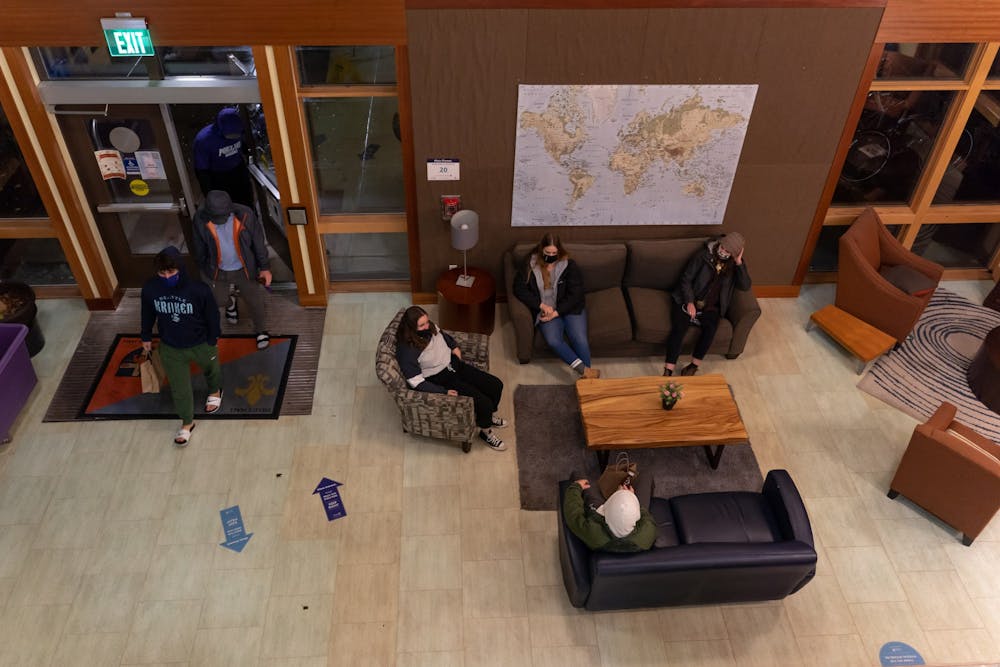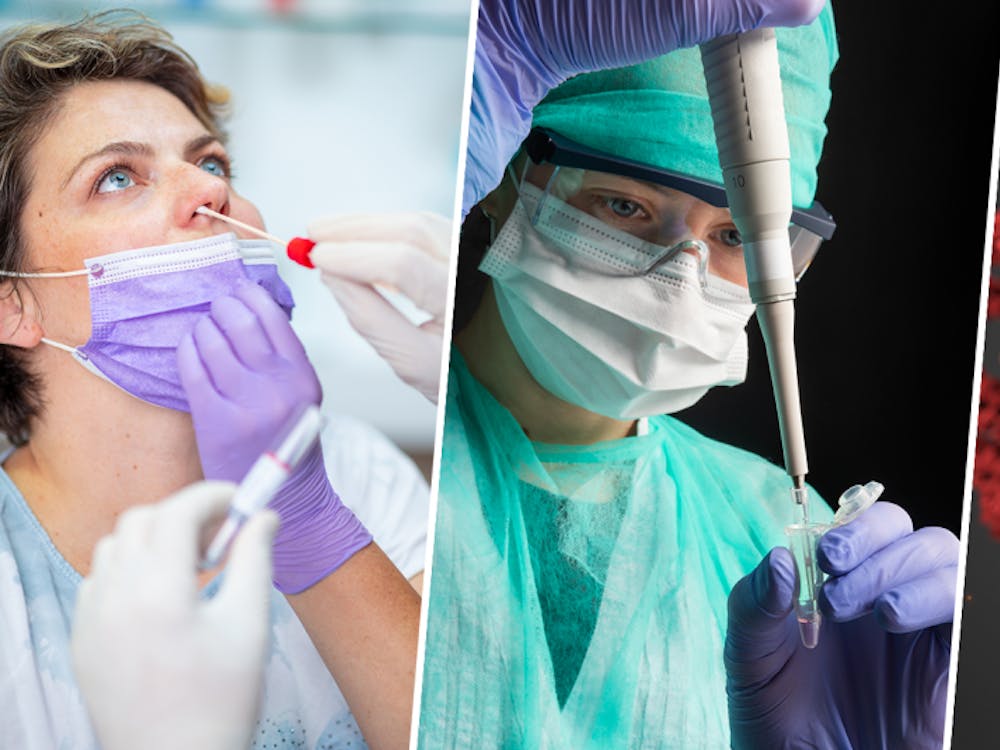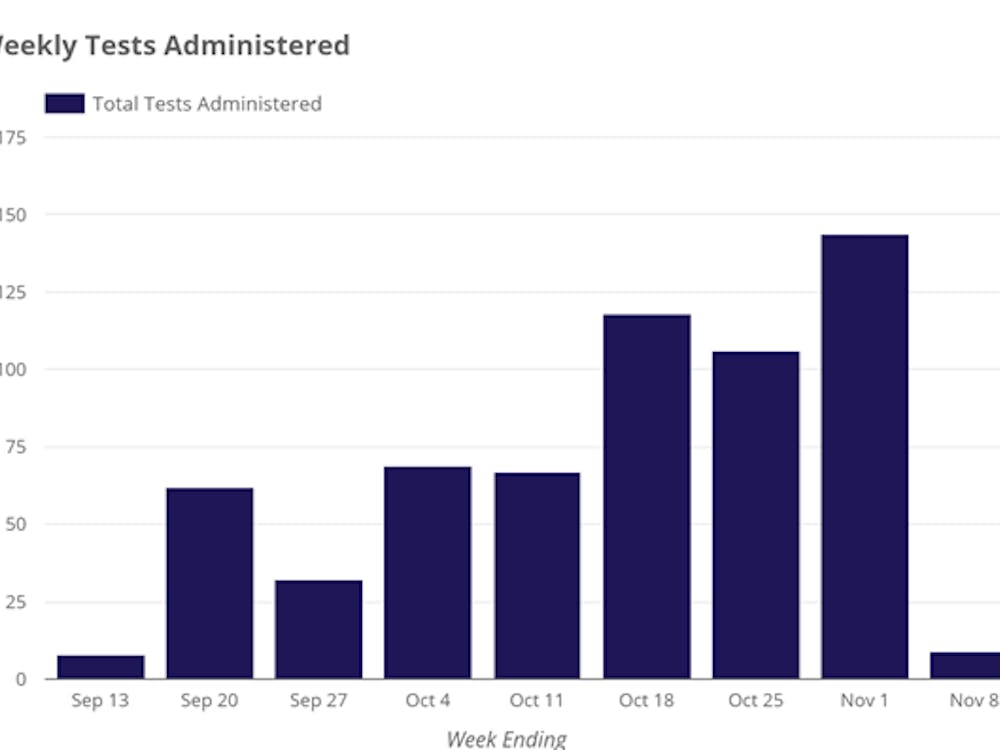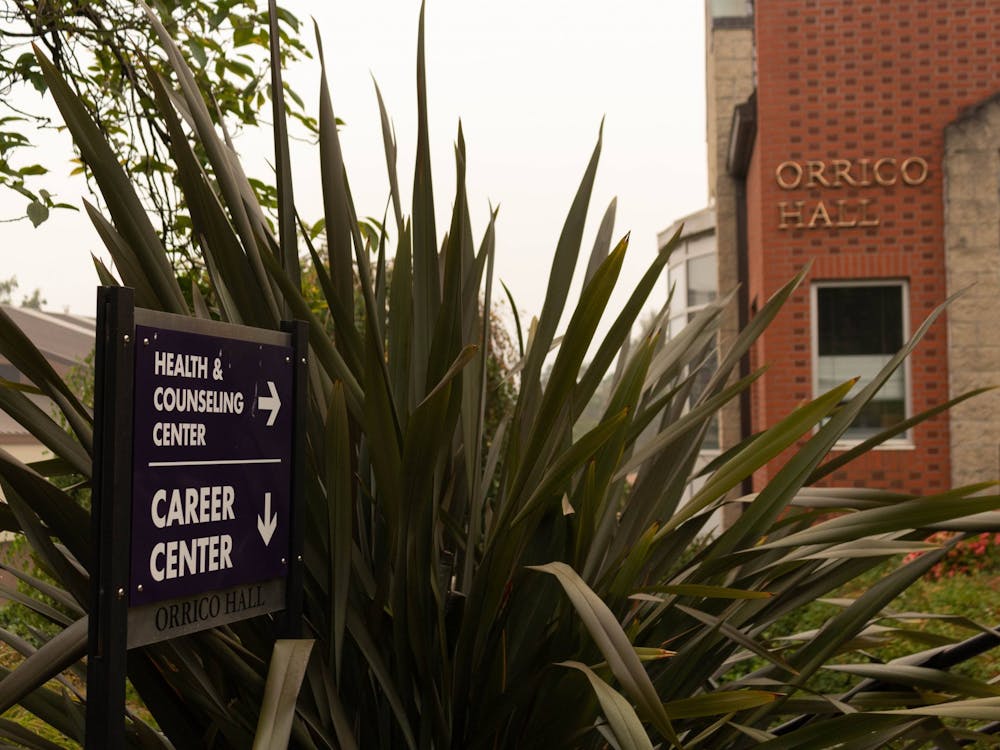Temporary salary reductions imposed this fall by the University of Portland will be cancelled due to a partial reopening expected in the spring. This was announced in an email sent by Interim Vice President for Financial Affairs Eric Barger on Nov. 17 to faculty, staff and students. These pay cuts will be lifted on Jan. 1, but senior leaders of the University have agreed to continued reductions in their pay, which were set at 15%-20% depending on position.
Barger also announced that UP will be able to cancel about 40% of the furloughs. Employee retirement contributions are going to continue being suspended.
“While this message contains good news for most of us, I want to offer two final notes,” Barger said in the email. “First, there are still members of our community facing economic hardships. Some staff continue to be furloughed, and we have not generated the funding needed to restore the current-year employer contributions to our 403(b) accounts.”
Although the partial reopening presented some good financial news for the University, UP is not out of the woods yet. Re-opening the residence halls did not drastically change the financial outlook, as only up to 1000 students will be returning next spring and they will all be charged at double room rates even though most students will be in private rooms.
Renting a double room as a single would have cost $6,574, and students being charged at the standard single room rate would have paid $5,906. The price is now at $5,129 for a room next semester, according to Barger.
The combination of lower room and board costs, increased financial aid, a $2 million dollar expense for COVID-19 testing for the Spring Semester, returning some furloughed employees, cancelling pay cuts and taking on other operational costs all results in UP still taking a $9 million loss for the year.
When UP announced it would not be opening its doors in August, Oregon was reporting around 200 new COVID-19 cases a day. As of Nov. 19, Oregon recorded 1,225 new cases, and the country has seen massive spikes and record numbers of infections. Although we have a better grasp of the disease, better treatments and hope for effective vaccines, there is still some uncertainty surrounding next semester.
“So, let us cautiously cheer our progress, acknowledge that we have more to achieve, and stand ready to pivot again if we must,” Barger said.
Austin De Dios is the News and Managing Editor of The Beacon. He can be reached at dedios22@up.edu.








